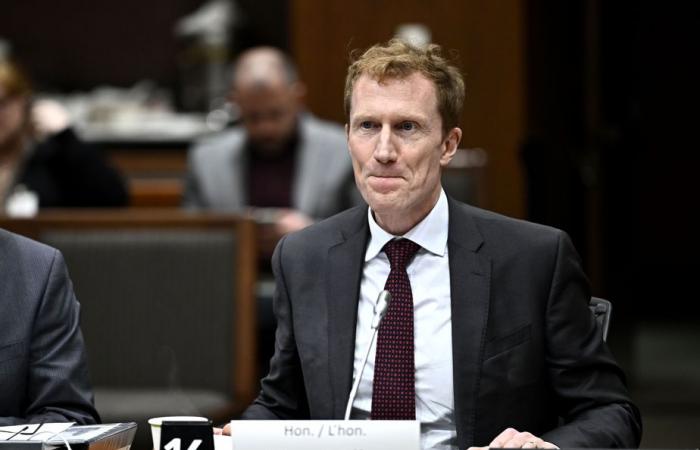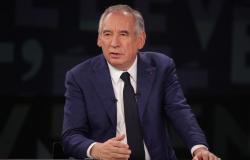
(Ottawa) The federal government could have better controlled immigration before the current overheating of the system, recognizes the Minister of Immigration, Marc Miller.
Posted at 12:18 p.m.
David Baxter
The Canadian Press
Mr. Miller gave an interview to The Canadian Press in mid-December to discuss a very tumultuous year for the federal immigration system.
Since the start of the year, the minister has made several changes to immigration policies. In particular, it reduced the number of visas for foreign students and the number of permanent residents while suspending applications for private sponsorship of refugees from community organizations and groups of five or more people.
The Canadian population grew by more than 3% in 2023, double the average recorded over the previous decade.
We don't have to lie to each other. We could have reacted better on certain issues, even if we accomplished several good things.
Mark Miller. Federal Minister of Immigration
He says he has noticed growing hostility in Canada against immigration. This anger is fueled, he says, by the large number of asylum seekers, the high cost of housing and current political trends in the Western world.
Mr. Miller, who was not affected by the cabinet reshuffle announced Friday, believes that Canada still needs immigrants, but the current system lacks discipline. A return to order is necessary.
“Immigration is still necessary, but we must be able to tell Canadians that we listened to them and we reacted when we noticed the system was overheating,” he maintains.
The minister wants to attract more economic immigrants in order to reduce the average age of workers in Canada.
The increase in the number of temporary workers is one of the main issues arising after the pandemic. Initially, the goal was to use this program to fill holes in the job market, but the program's growth was so rapid that it opened the door to fraud and exploitation.
A Labor Market Impact Assessment (LMIA) is a document that a Canadian employer may need to obtain before hiring a foreign worker. According to a recent CBC report, some studies can be sold for a price that could total several tens of thousands of dollars.
“It must be recognized that fraud can exist in different forms. I have a special role to play to ensure that people do not take advantage of this to obtain permanent resident status,” agrees Mr. Miller.
On December 19, the minister announced a series of measures aimed at strengthening border security. This announcement comes after American President-elect Donald Trump's threat to impose customs duties on Canadian products.
Among the changes is the obligation for temporary residents to apply online to extend their stay in the country in order to put an end to the practice known as “circling the pole”. This practice involves leaving Canada and immediately returning to a port of entry to obtain immigration services more quickly.
The government plans to introduce amendments to cancel or suspend immigration documents, including visas, when the public interest is at stake. Mr. Miller cited the example of mass fraud.
Mr. Trump threatened to impose 25% tariffs on Canada and Mexico if the two countries did not improve their border security
The speech we hear in the United States is unfortunate. I don't buy it, but we need an immigration system that doesn't feel like it's being defrauded by people trying to take advantage of it. We are seeing an increase in false requests from certain countries.
Mark Miller. Federal Minister of Immigration
There are approximately 250,000 asylum applications that were to be examined by the Immigration and Refugee Board of Canada. The largest number of requests came from India and Mexico.
Other reforms could be implemented next year. Mr. Miller is exploring these options to speed up the process for legitimate asylum claims while eliminating illegitimate claims.
Miller hopes to balance Canada's commitments to international law with what it can actually do.
“We cannot be victims of our own primal instincts. We have to look at this rationally, to consider these people as human beings. We cannot be naive about the country's capacity to accommodate the number of people coming here. »





